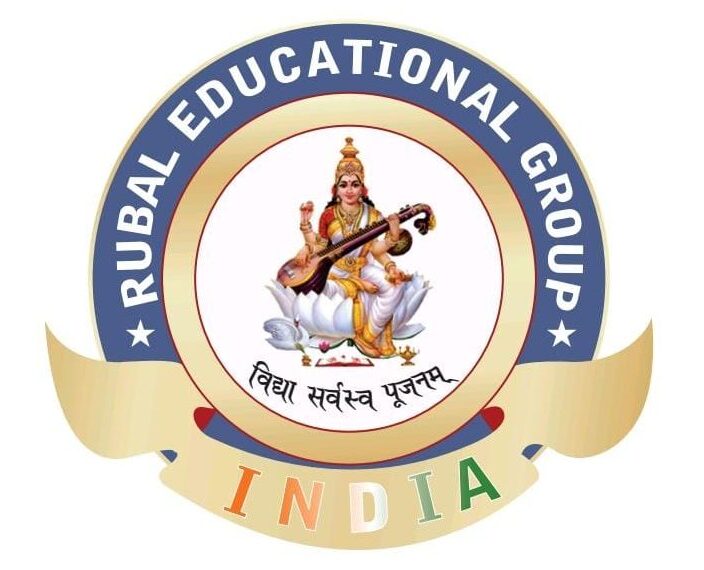G.N.M (General Nursing and Midwifery)
Are you interested to do a Nursing Course? Yes! Then, GNM is the best course for you after 12th.

Certainly! Here are the key points about the GNM (General Nursing and Midwifery) program in brief:
- Duration: Typically 3 and a half years.
- Eligibility: Completion of high school (10+2) with a science background.
- Curriculum: Includes theoretical and practical training in nursing and midwifery subjects like Anatomy, Physiology, Fundamentals of Nursing, Medical-Surgical Nursing, Pediatric Nursing, Mental Health Nursing, and Midwifery.
- Clinical Training: Hands-on experience in hospitals and healthcare settings.
- Examinations: Graduates must pass exams conducted by nursing councils for certification.
- Career: Opportunities in hospitals, clinics, nursing homes, and community health centers as staff nurses, midwives, educators, administrators, etc.
- Continuing Education: Many pursue further studies like B.Sc Nursing for career advancement.
Overall, GNM equips individuals with the necessary skills and knowledge to become registered nurses and midwives, providing essential healthcare services to patients in various settings.
यदि आप यह कोर्स करना चाहते हैं तो दिए गए नंबर पर हमें कॉल करें।
Eligibility Criteria Of G.N.M
Sure, here’s a concise overview of the eligibility criteria for G.N.M (General Nursing and Midwifery) programs:
- Education: Completion of high school (10+2) with Science subjects.
- Minimum Marks: Typically around 50% to 55% aggregate in high school.
- Age: Usually a minimum age of 17 years at the time of admission.
- Medical Fitness: Candidates should be medically fit.
- Language Proficiency: Proficiency in the language of instruction (often English).
- Entrance Examination: Some institutions may require candidates to pass an entrance exam.
These are the general eligibility requirements, but specific criteria may vary by institution and region.
Syllabus Of G.N.M
Here’s a concise overview of the syllabus for the General Nursing and Midwifery (G.N.M.) course:
- Anatomy and Physiology
- Microbiology
- Psychology
- Fundamentals of Nursing
- Medical-Surgical Nursing
- Pediatric Nursing
- Community Health Nursing
- Mental Health Nursing
- Midwifery and Obstetric Nursing
- Nursing Research and Statistics
- Nutrition and Dietetics
- Pharmacology
- Ethics and Legal Issues in Nursing
- Communication and Educational Technology
- Leadership and Management in Nursing
This syllabus encompasses various subjects related to nursing and midwifery, providing students with a comprehensive foundation in healthcare.
Course Duration Of G.N.M
The duration of the General Nursing and Midwifery (G.N.M.) course is typically 3 and a half years. This duration includes both theoretical classroom instruction and practical training in various healthcare settings. However, it’s important to note that the course duration may vary slightly depending on the specific curriculum and requirements set by the institution or regulatory body in different countries.
Job Specialization Of G.N.M
In short, some common job specializations for General Nursing and Midwifery (G.N.M.) graduates include:
- Staff Nurse: Providing direct patient care in hospitals, clinics, or other healthcare settings.
- Community Health Nurse: Focusing on healthcare in community settings, including home care and public health initiatives.
- Pediatric Nurse: Specializing in the care of infants, children, and adolescents.
- Mental Health Nurse: Providing care for individuals with psychiatric or mental health disorders.
- Midwife: Assisting in childbirth and providing maternal and neonatal care.
- Geriatric Nurse: Specializing in the care of elderly patients, including long-term care facilities and hospice care.
- Critical Care Nurse: Providing care for patients in intensive care units (ICUs) or other critical care settings.
- Occupational Health Nurse: Focusing on workplace health and safety, including injury prevention and employee wellness programs.
- Nurse Educator: Teaching and training future nurses in academic or clinical settings.
- Nurse Administrator/Manager: Overseeing nursing departments, managing staff, and ensuring quality patient care in healthcare facilities.
These are just a few examples, and G.N.M. graduates may choose to specialize further based on their interests, skills, and career goals.

